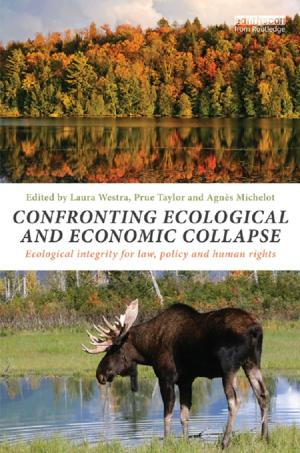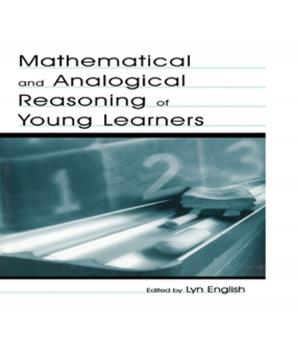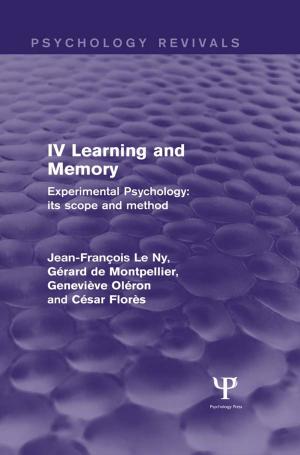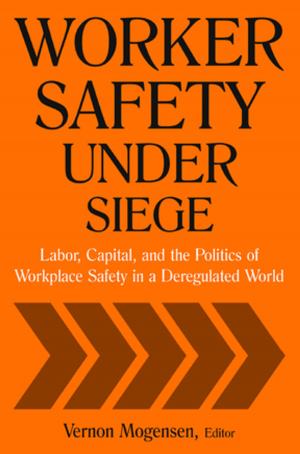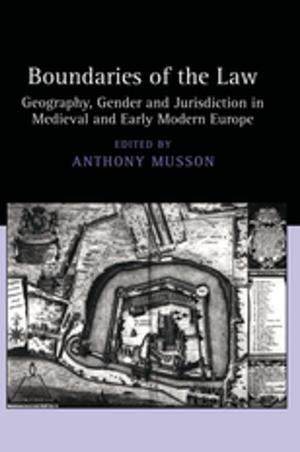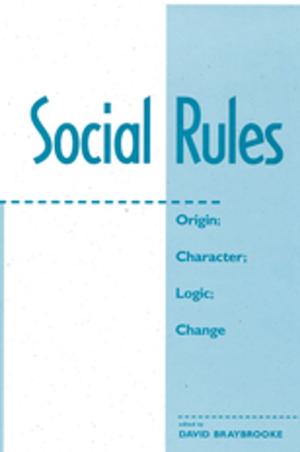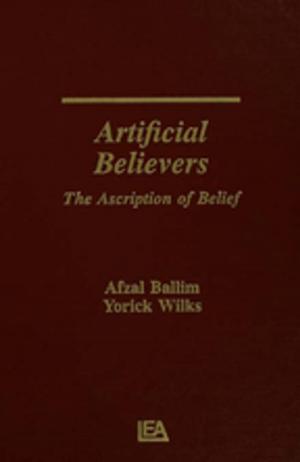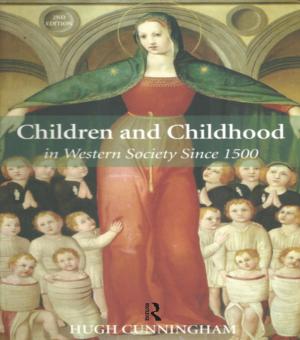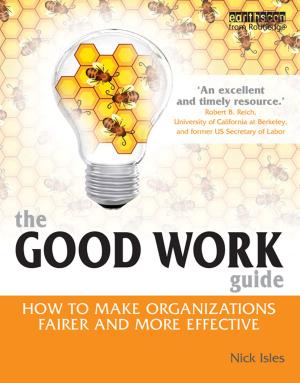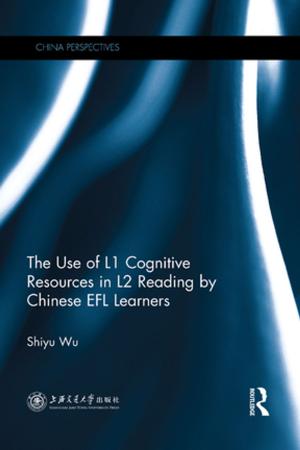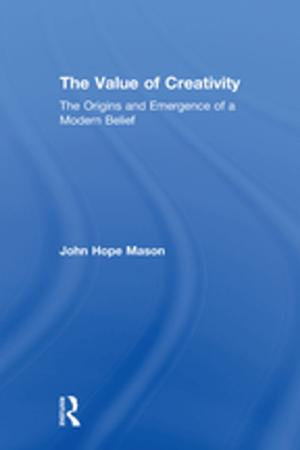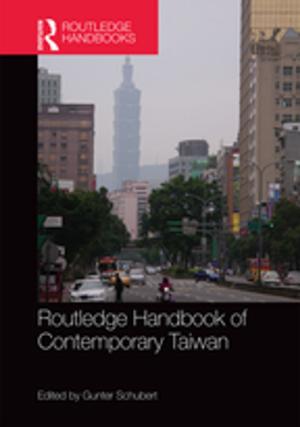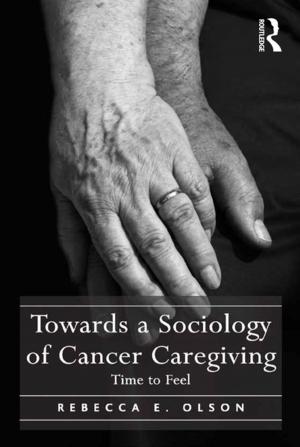The Art and Science of Assessment in Psychotherapy
Nonfiction, Health & Well Being, Psychology, Mental Health| Author: | ISBN: | 9781134846191 | |
| Publisher: | Taylor and Francis | Publication: | September 2, 2003 |
| Imprint: | Routledge | Language: | English |
| Author: | |
| ISBN: | 9781134846191 |
| Publisher: | Taylor and Francis |
| Publication: | September 2, 2003 |
| Imprint: | Routledge |
| Language: | English |
While professional trainings in psychotherapy and counselling vary considerably in the attention they pay to assessment, courses, conferences and workshops devoted to the subject are attracting an audience eager for more demonstration and discussion. In response, The Art and Science of Assessment in Psychotherapy offers an extended symposium on principles and practice. Guided by a belief that comparative study will spur critical reflection and innovation, its presentations encompass a wide range of therapeutic orientations, settings and interests.
In the book twelve distinguished practitioners of widely used approaches within psychotherapy describe the methods they use in their assessments and how these have developed. They also discuss the uses and limitations of the therapies they offer. The approaches covered include psychoanalytic psychotherapy, in-patient psychotherapy, family therapy, group psychotherapy, psychodrama, cognitive-behaviour therapy, couple therapy and focal therapy. Additional chapters look at assessment in the light of psychotherapy research, question how far assessment can be separated from treatment, and ask whether the use of questionnaires and special tests aids or detracts from interviewing as a method of assessment.
As psychotherapy matures as a profession, both chronologically and in response to public demand, interest in assessment methods is growing, yet to date the published material has been limited and dispersed amongst specialist books and journals. The Art and Science of Assessment in Psychotherapy offer the first comprehensive, practical review of a key professional issue which will be of interest to all practising psychotherapists and counsellors.
While professional trainings in psychotherapy and counselling vary considerably in the attention they pay to assessment, courses, conferences and workshops devoted to the subject are attracting an audience eager for more demonstration and discussion. In response, The Art and Science of Assessment in Psychotherapy offers an extended symposium on principles and practice. Guided by a belief that comparative study will spur critical reflection and innovation, its presentations encompass a wide range of therapeutic orientations, settings and interests.
In the book twelve distinguished practitioners of widely used approaches within psychotherapy describe the methods they use in their assessments and how these have developed. They also discuss the uses and limitations of the therapies they offer. The approaches covered include psychoanalytic psychotherapy, in-patient psychotherapy, family therapy, group psychotherapy, psychodrama, cognitive-behaviour therapy, couple therapy and focal therapy. Additional chapters look at assessment in the light of psychotherapy research, question how far assessment can be separated from treatment, and ask whether the use of questionnaires and special tests aids or detracts from interviewing as a method of assessment.
As psychotherapy matures as a profession, both chronologically and in response to public demand, interest in assessment methods is growing, yet to date the published material has been limited and dispersed amongst specialist books and journals. The Art and Science of Assessment in Psychotherapy offer the first comprehensive, practical review of a key professional issue which will be of interest to all practising psychotherapists and counsellors.

